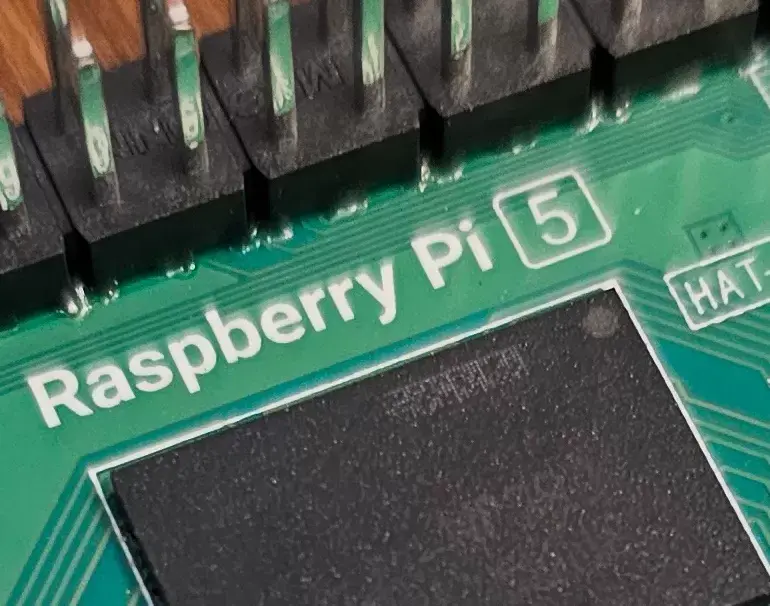- cross-posted to:
- [email protected]
- cross-posted to:
- [email protected]
Four years after the Raspberry Pi 4 shipped, today the Raspberry Pi 5 is launching with a much improved SoC leading to significant performance gains.
The Raspberry Pi 5 is designed to deliver a 2~3x performance improvement over the Raspberry Pi 4. The Raspberry Pi 5 features a quad-core Cortex-A76 processor that clocks up to 2.4GHz, compared to the four Cortex-A72 cores found in the Raspberry Pi 4 that only clocked up to 1.8GHz. The graphics are also much-improved with now having an 800MHz VideoCore VII graphics processor over the VideoCore VI graphics with the Raspberry Pi 4. The Raspberry Pi 5 is capable of driving two 4K @ 60Hz displays and features 4K @ 60 HEVC decode hardware capabilities.
Also interesting with the Raspberry Pi 5 is that it features in-house silicon in the form of the RP1 “southbridge” used for much of the board’s I/O capabilities. This southbridge should yield faster USB I/O along with other I/O bandwidth upgrades like a doubling of the peak SD card performance. The Raspberry Pi 5 also features a single-lane PCI Express 2.0 interface for improved connectivity.



You’re demanding a bunch more high performance connectivity - which means high performance silicon to run all those lanes - and complaining about the active cooling in the same post.
Did you read the second sentence? RPi needs to pick a lane, or have two targeted product lines.
For example, the MacBook Air is fanless with a lot more IO, and the Thinkpad X13s is also fanless with a lot more IO.
They are obviously not direct competitors, but they are examples of hi performance Arm silicon on the market.
The RPi is still kind of crappy, but it now requires active cooling. Crappy without a need for active cooling that’s more forgivable.
And for this reason the perscribed they split the product into two SKUs